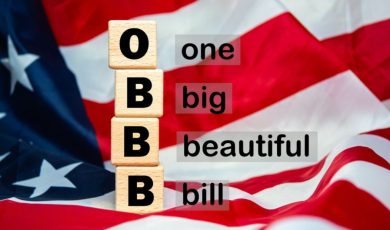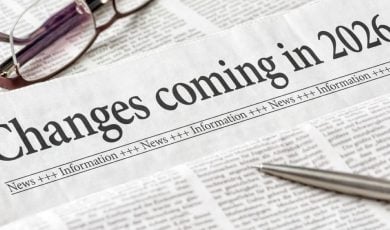Wisconsin’s effort to legalize online sports betting is facing new delays after initially moving at breakneck speed through the state Legislature. A bipartisan bill that advanced out of a Senate committee earlier this month has now been pulled from the Assembly calendar, pushing any floor vote into early 2026, according to Assembly Majority Leader Tyler August.
The shift comes despite initial momentum and strong support from tribal leaders and some lawmakers. August said new concerns raised by colleagues prompted additional review before the bill can proceed, noting he hopes to “work through” those issues before reintroducing it next year.
A tribal-based online betting model takes shape in Wisconsin
Sports betting has been legal in Wisconsin since 2021, but only at in-person sportsbooks operated by federally recognized tribes. The new legislation would authorize statewide online betting through a “hub-and-spoke” model in which all servers must remain on tribal land. Supporters argue this structure aligns with existing tribal gaming compacts and mirrors models used in other states, including Florida .
If the bill passes, the state and tribes would still need to renegotiate their compacts, and the US Bureau of Indian Affairs would have to approve any changes before online betting could launch. Meanwhile, supporters say Wisconsinites are already wagering significant sums through unregulated offshore sportsbooks, which provide no consumer protections.
Addiction, access and legal doubts complicate Wisconsin’s betting push
The rapid expansion of sports betting nationwide has sparked concerns about addiction, particularly among younger bettors. Wisconsin critics point to the “frictionless” nature of online wagering, which allows instant betting from any mobile device.
Those concerns were amplified this month when the Wisconsin Catholic Conference formally urged lawmakers to reject the bill, arguing that mobile gambling poses a heightened risk for addiction and lacks adequate safeguards such as spending caps and stronger advertising restrictions.
In addition, the Wisconsin Institute for Law & Liberty has raised constitutional questions about whether the proposal could amount to an unlawful tribal monopoly, further fueling some lawmakers’ hesitation to advance the bill .
Sports betting alliance pushes back on revenue-sharing plan
The bill is also facing resistance from the Sports Betting Alliance (SBA), representing major national betting brands including FanDuel and DraftKings. Under the current framework, tribes would receive at least 60% of net revenue. The SBA argues that level is too high for commercial operators to participate profitably and warns that major sportsbook brands may decline to enter the Wisconsin market if the bill passes unchanged.
Industry representatives argue that without participation from large, well-known operators, Wisconsin may struggle to compete with the illegal market the bill aims to curtail.
What’s next after Wisconsin shelves its online betting vote
The combination of legal concerns, industry opposition, and internal Republican pushback led the Assembly to remove the bill from its calendar. Conservative lawmakers have questioned both the constitutional structure and the revenue-sharing model, signaling that further amendments may be required to secure broader support.
Despite the delay, lawmakers have emphasized that the bill is not stalled indefinitely. Supporters expect renewed action in early 2026, with potential revisions to address constitutional, consumer-protection, and revenue-sharing issues.
Despite delay, big revenue stakes keep pressure on lawmakers
Wisconsin continues to lose an estimated $1 billion annually to illegal online sports betting, according to tribal leaders. Neighboring states with legal markets — including Illinois, Michigan and Iowa — are reporting strong and growing revenues, strengthening the argument among supporters that Wisconsin could benefit from a regulated and taxed system.
Yet, with new political, legal and industry challenges surfacing, the path to legalization in Wisconsin appears more complex than proponents initially projected.









